Generally speaking, private businesses may refuse service if there is a legitimate business interest reason for such a refusal. One such example would be refusing service to an unruly customer who is threatening employees or acting violently towards other customers. A private business has a legitimate business interest in refusing service to violent customers who may harm employees, customers, and cause general harms which would make the running of the business impracticable.
The question as to just what may qualify as a legitimate business interest becomes complicated when issues of religious affiliation or sexual orientation arise.
In theory, can a for-profit entity run a religious social media site and exclude certain types of members and content, including, but not limited to homosexual members, members of a different faith, or content that promotes homosexuality or a different faith (other than the social media site’s proclaimed religion)?
To analyze this question it is useful to look at issues of 1) whether a social media site is a place of public accommodation, 2) any laws or statues that exempt businesses from the “public accommodation” requirements if the business is “distinctively private”, and 3) whether the desired discrimination qualifies as an exercise of constitutional expressive speech as per the O’Brien test.
Are Social-Media Sites Places of Public Accommodation? State Law and Unruh Act Considerations
Civil Rights statutes prohibit discrimination against certain classes of people in places of public accommodation. Places of public accommodation, such as schools, hospitals, hotels, are establishments in which “the public at large are invited” (Little League, 318 2.Ad 33, 37). In deciding whether anti-discrimination laws apply to a given business, judges in federal courts will define the term “place of public accommodation” more narrowly, while state laws will interpret the term more widely. Under the Unruh Act (CAL. CIV. CODE § 51(b)), places of public accommodation extends to “all business establishments of all kinds whatsoever.”
One essential step in the analysis is to determine whether a social media site is considered to be a “place” under a legal definition. One consideration is whether an actual physical facility where business occurs is required. In the case of an online social media site, the actual “conducting of business” does not occur in a traditional brick and mortar building. Rather, business in conducted in the mysterious world of the internet. Case law suggests that judges will consider an online social media site not only a “place”, but a place of public accommodation. In Elane Photography, LLC v. Willock, Dist. Ct. N.M. Dec. 11, 2009, the judge explained that because internet marketing “has grown to a major means of commercial activity”, thereby making a company which advertises its services through its website and internet search engines, and which conducts business through its website, a place of public accommodation.
Thus, a for-profit entity running a religious social media site would likely to be found a place of public accommodation if they are using the internet to market their site, enlist members via the internet, and charging membership fees via the internet. Case law is not conclusive on this issue. The extent of the for-profit entity’s advertising general services provided by the social media site would likely be determining factors is place of public accommodation classification.
To provide perspective, a social networking site such as eHarmony, which implements a $30 million dollar per year advertising budget, which aggressively advertises on its own site and through multiple search engines, and widely opens its business to the public via its website, would likely be considered a place of public accommodation.
Exemption from the Place of Public Accommodation status if the business is “Distinctively Private”
If the theoretical religious social media site is considered a place of public accommodation, it may seek and exemption from anti-discrimination laws if the business can be shown to be “distinctively private”. If found to be distinctively private, the social media site may be able to deny membership to those not affiliated with the site’s proclaimed religion or homosexuals. Kiwanis International v. Ridgewood Kiwanis Club, 806 F.2d 468, focuses on an entity’s “selectivity” in determining whether an entity is “distinctively private”.
Although there is no case is dispositive as to what makes a business distinctively private, Wright v. Cork Club, 315 F. Supp. 1143, offers a suggestions as to what characteristics would cause an entity to fall under the private club exception. Such characteristics would include an established selection process for members, limited services to only members, membership control, nonprofit and operated for member benefits, and publicity directed solely to members. While these factors can be stretched or argued for both sides, generally speaking, if an entity is for-profit and owned by a corporation rather than members, it is unlikely to be considered distinctively private.
Courts tend to disfavor arguments that restrictive membership equates with distinctively private. In Clover Hill Swimming Club, Inc. v. Goldsboro, 219 A.2d 161 (N.J. 1966), the court held that a business could not turn an otherwise “public accommodation” business into a “distinctively private” business by means of selective membership practices. Meaning, one probably cannot operate a social media site which is a clearly commercial venture, controlled by the owners, and designed to generate profit, and think that it could qualify as a distinctively private entity.
First Amendment Free Speech Arguments
A religious social-media site may try to argue that discrimination against philosophically opposed membership applicants is within its First Amendment expressive associational rights. In Boy Scouts of America v. Dale, 530 U.S. 640 (2000), the court found that in determining the scope of a business’ First Amendment expressive associational rights, whether the business conducts “expressive activity that could be impaired” must be examined.
Two Step Test:
1) Ask whether the group engages in “Expressive Association” and
2) Ask whether inclusion of unwanted members would significantly hamper the group’s expressive association.
Thereby, if a religious social media site portending to promote only Christian Dating or Muslim Dating, has a clear expressive association with the Christian or Muslim religion, there may be an Expressive Association argument. The social media site would have to demonstrate that the site intends to convey a particular message and that those who would see the message would understand its meaning.
Conceding that there is a legitimate expressive association, one must determine if including religious non-affiliates or homosexuals hamper’s the group’s expressive association. Arguably, if it is against one religion to date outside the religion or engage in homosexual dating, inclusion of non-conforming members to a religious social media site may hamper the group’s expressive association.
The case law is murky and undeveloped in the new emerging “religiously specialized” social media sites. Looking to the O’Brien Test in United States v. O’Brien, government regulation limiting expressive activity passes muster if it “is sufficiently justified if it is within the constitutional power of the government; if it furthers an important or substantial governmental interest … and if the incidental restriction on alleged First Amendment freedoms is no greater than is essential to the furtherance of that interest.” Application of the O’Brien test will be the most conclusive determination in whether a for-profit religious social media site which qualifies as a place of public accommodation may discriminate against member applicants on the basis of religion or sexual orientation.


![Return to the Office vs. Remote: What Can Employers Legally Enforce? [e321]](https://www.pashalaw.com/wp-content/uploads/2023/01/Pasha_LSSB_321_banner-1024x723.jpg)
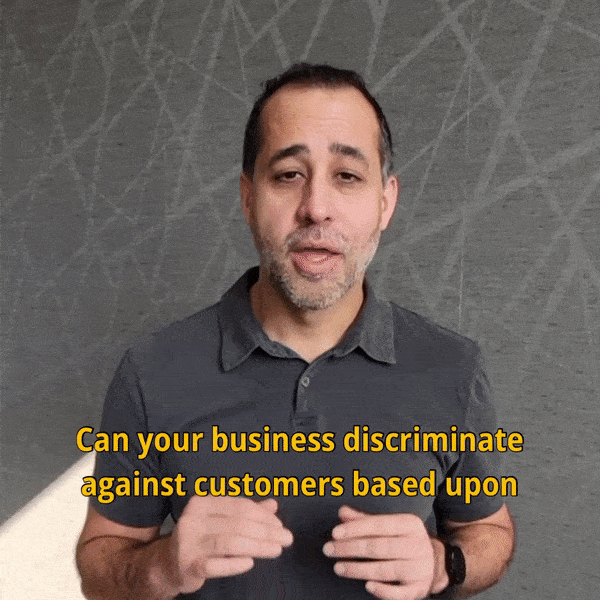

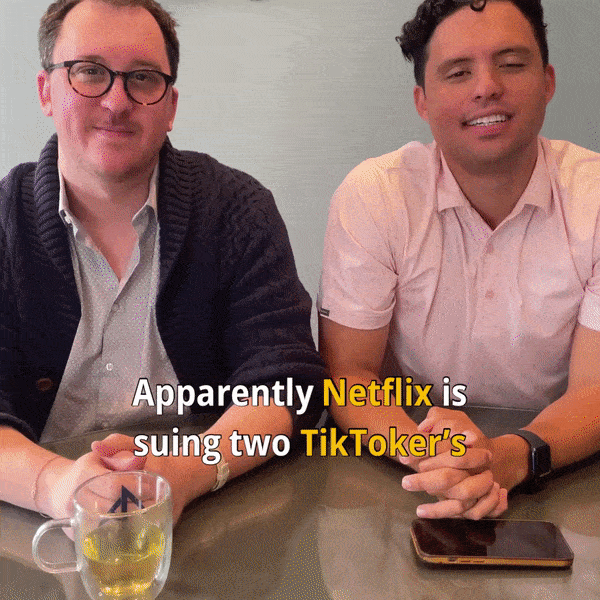
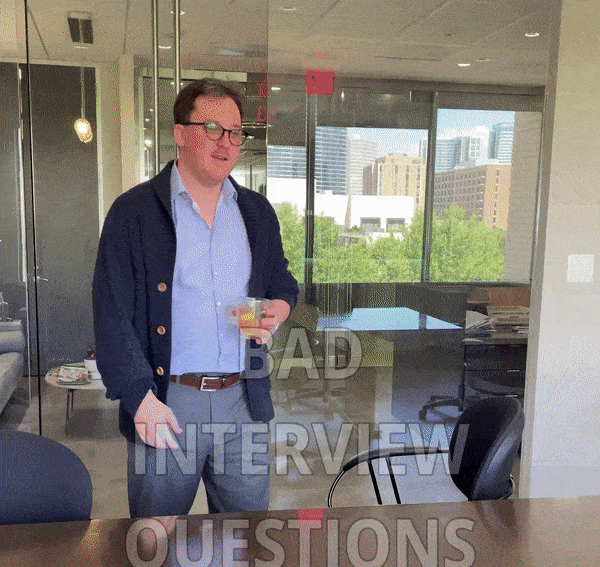
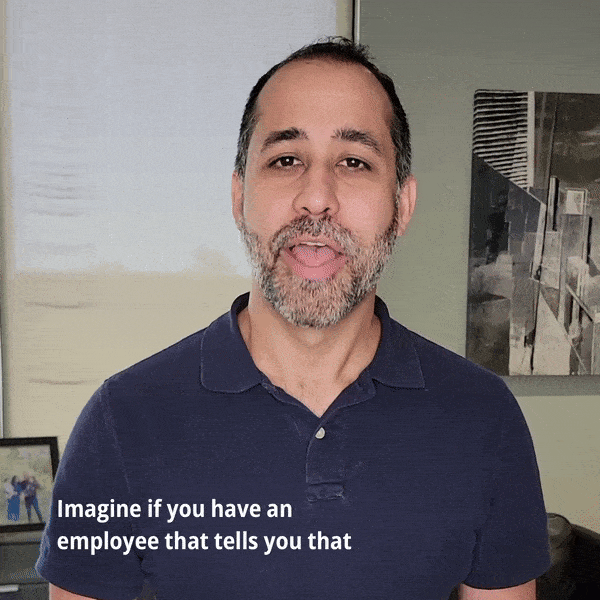
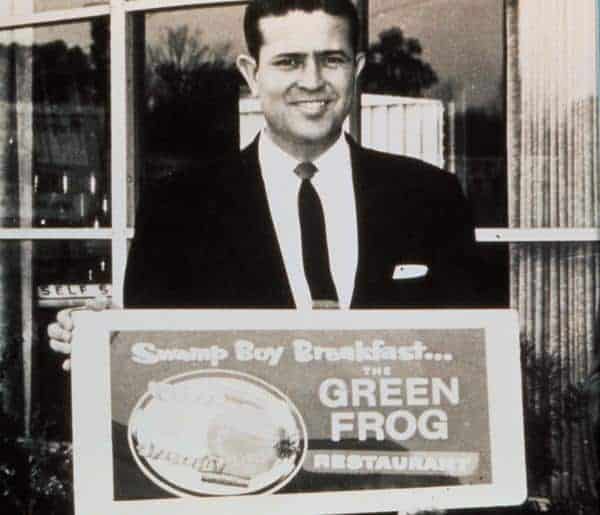
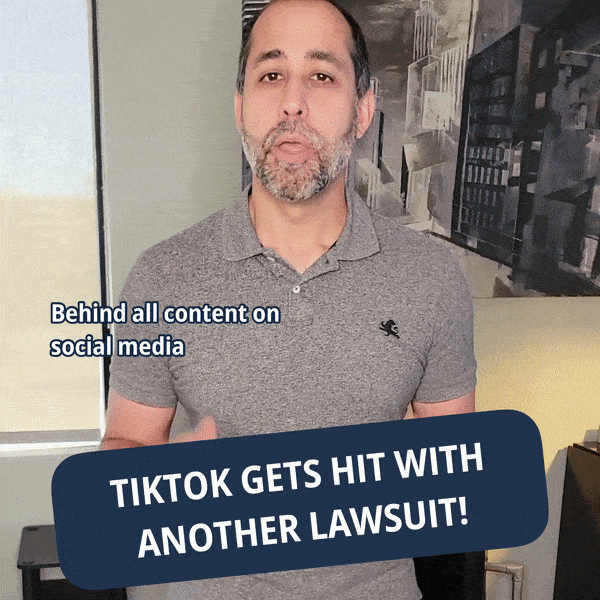
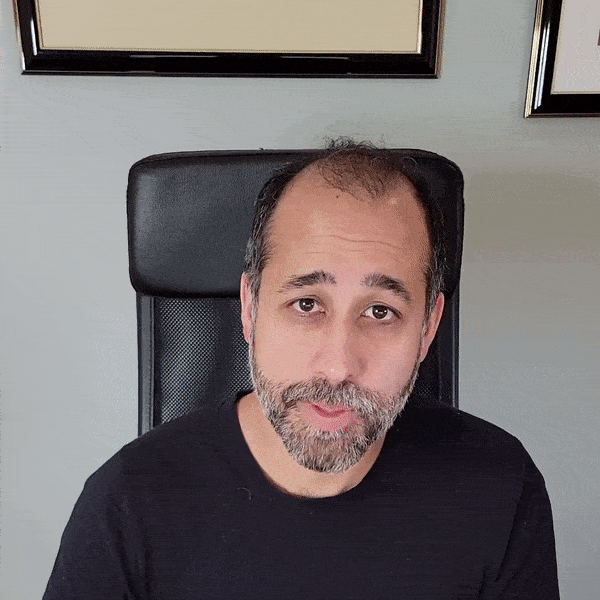

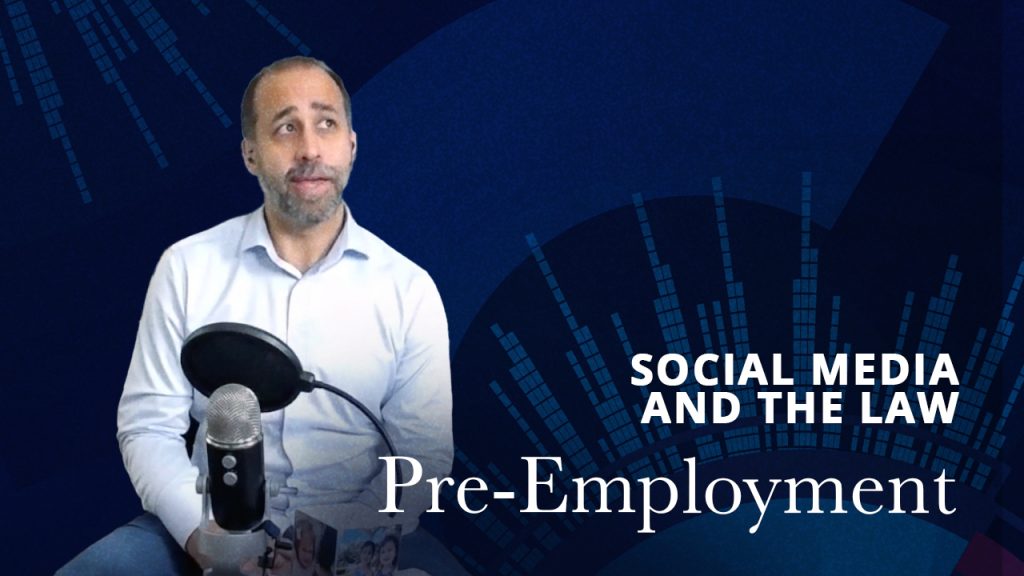
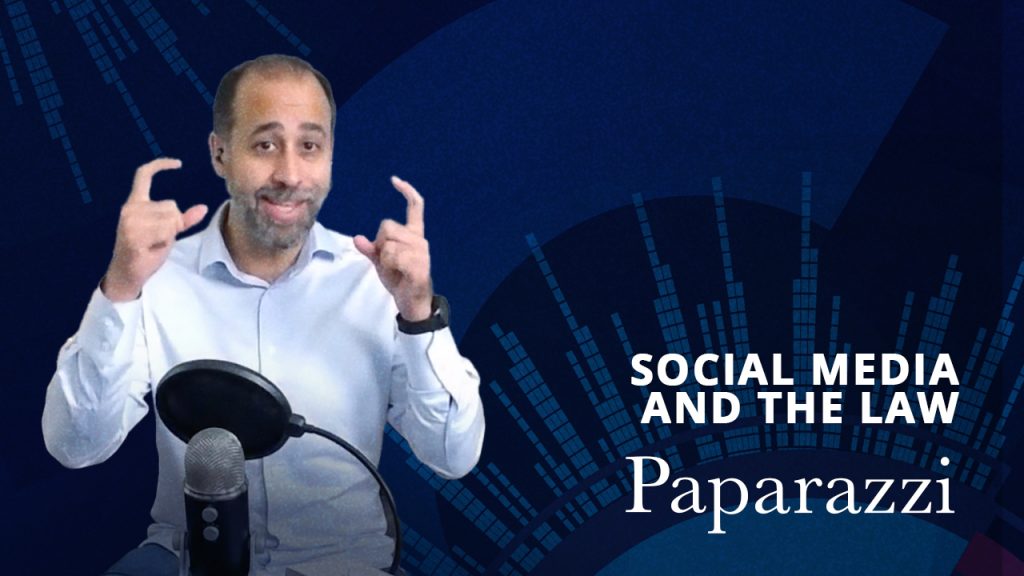




![Law in the Digital Age: Exploring the Legal Intricacies of Artificial Intelligence [e323]](https://www.pashalaw.com/wp-content/uploads/2023/11/WhatsApp-Image-2023-11-21-at-13.24.49_4a326c9e-300x212.jpg)
![Unraveling the Workforce: Navigating the Aftermath of Mass Layoffs [e322]](https://www.pashalaw.com/wp-content/uploads/2023/07/Untitled-design-23-300x212.png)
![Return to the Office vs. Remote: What Can Employers Legally Enforce? [e321]](https://www.pashalaw.com/wp-content/uploads/2023/01/Pasha_LSSB_321_banner-300x212.jpg)
![Explaining the Hans Niemann Chess Lawsuit v. Magnus Carlsen [e320]](https://www.pashalaw.com/wp-content/uploads/2022/10/LAWYER-EXPLAINS-7-300x169.png)
![California v. Texas: Which is Better for Business? [313]](https://www.pashalaw.com/wp-content/uploads/2021/07/Pasha_LSSB_CaliforniaVSTexas-300x212.jpg)
![Buyers vs. Sellers: Negotiating Mergers & Acquisitions [e319]](https://www.pashalaw.com/wp-content/uploads/2022/06/Pasha_LSSB_BuyersVsSellers_banner-300x212.jpg)
![Employers vs. Employees: When Are Employment Restrictions Fair? [e318]](https://www.pashalaw.com/wp-content/uploads/2022/05/Pasha_LSSB_EmployeesVsEmployers_banner-1-300x212.jpg)
![Vaccine Mandates Supreme Court Rulings [E317]](https://www.pashalaw.com/wp-content/uploads/2022/02/WhatsApp-Image-2022-02-11-at-4.10.32-PM-300x212.jpeg)
![Business of Healthcare [e316]](https://www.pashalaw.com/wp-content/uploads/2021/11/Pasha_LSSB_BusinessofHealthcare_banner-300x212.jpg)
![Social Media and the Law [e315]](https://www.pashalaw.com/wp-content/uploads/2021/10/WhatsApp-Image-2021-10-06-at-1.43.08-PM-300x212.jpeg)
![Defining NDA Boundaries: When does it go too far? [e314]](https://www.pashalaw.com/wp-content/uploads/2021/09/Pasha_LSSB_NDA_WordPress-2-300x212.jpg)
![More Than a Mistake: Business Blunders to Avoid [312] Top Five Business Blunders](https://www.pashalaw.com/wp-content/uploads/2021/06/Pasha_LSSB_Blunders_WP-1-300x212.jpg)
![Is There a Right Way to Fire an Employee? We Ask the Experts [311]](https://www.pashalaw.com/wp-content/uploads/2021/02/Pasha_LSSB_FireAnEmployee_Website-300x200.jpg)
![The New Frontier: Navigating Business Law During a Pandemic [310]](https://www.pashalaw.com/wp-content/uploads/2020/12/Pasha_LSSB_Epidsode308_Covid_Web-1-300x200.jpg)
![Wrap Up | Behind the Buy [8/8] [309]](https://www.pashalaw.com/wp-content/uploads/2020/11/Pasha_BehindTheBuy_Episode8-300x200.jpg)
![Is it all over? | Behind the Buy [7/8] [308]](https://www.pashalaw.com/wp-content/uploads/2020/09/iStock-1153248856-overlay-scaled-300x200.jpg)
![Fight for Your [Trademark] Rights | Behind the Buy [6/8] [307]](https://www.pashalaw.com/wp-content/uploads/2020/07/Fight-for-your-trademark-right-300x200.jpg)
![They Let It Slip | Behind the Buy [5/8] [306]](https://www.pashalaw.com/wp-content/uploads/2020/06/Behind-the-buy-they-let-it-slip-300x200.jpg)
![Mo’ Investigation Mo’ Problems | Behind the Buy [4/8] [305]](https://www.pashalaw.com/wp-content/uploads/2020/05/interrobang-1-scaled-300x200.jpg)
![Broker or Joker | Behind the Buy [3/8] [304] Behind the buy - Broker or Joker](https://www.pashalaw.com/wp-content/uploads/2020/04/Joker-or-Broker-1-300x185.jpg)
![Intentions Are Nothing Without a Signature | Behind the Buy [2/8] [303]](https://www.pashalaw.com/wp-content/uploads/2020/04/intentions-are-nothing-without-a-signature-300x185.jpg)
![From First Steps to Final Signatures | Behind the Buy [1/8] [302]](https://www.pashalaw.com/wp-content/uploads/2020/04/first-steps-to-final-signatures-300x185.jpg)
![The Dark-side of GrubHub’s (and others’) Relationship with Restaurants [e301]](https://www.pashalaw.com/wp-content/uploads/2015/04/When-Competition-Goes-Too-Far-Ice-Cream-Truck-Edition-300x201.jpg)
![Ultimate Legal Breakdown of Internet Law & the Subscription Business Model [e300]](https://www.pashalaw.com/wp-content/uploads/2019/05/Ultimate-Legal-Breakdown-of-Internet-Law-the-Subscription-Business-Model-300x196.jpg)
![Why the Business Buying Process is Like a Wedding?: A Legal Guide [e299]](https://www.pashalaw.com/wp-content/uploads/2019/03/futura-300x169.jpg)
![Will Crowdfunding and General Solicitation Change How Companies Raise Capital? [e298]](https://www.pashalaw.com/wp-content/uploads/2018/11/Will-Crowdfunding-and-General-Solicitation-Change-How-Companies-Raise-Capital-300x159.jpg)
![Pirates, Pilots, and Passwords: Flight Sim Labs Navigates Legal Issues (w/ Marc Hoag as Guest) [e297]](https://www.pashalaw.com/wp-content/uploads/2018/07/flight-sim-labs-300x159.jpg)
![Facebook, Zuckerberg, and the Data Privacy Dilemma [e296] User data, data breach photo by Pete Souza)](https://www.pashalaw.com/wp-content/uploads/2018/04/data-300x159.jpg)
![What To Do When Your Business Is Raided By ICE [e295] I.C.E Raids business](https://www.pashalaw.com/wp-content/uploads/2018/02/ice-cover-300x159.jpg)
![General Contractors & Subcontractors in California – What you need to know [e294]](https://www.pashalaw.com/wp-content/uploads/2018/01/iStock-666960952-300x200.jpg)
![Mattress Giants v. Sleepoplis: The War On Getting You To Bed [e293]](https://www.pashalaw.com/wp-content/uploads/2017/12/sleepopolis-300x159.jpg)
![The Harassment Watershed [e292]](https://www.pashalaw.com/wp-content/uploads/2017/12/me-2-300x219.jpg)
![Investing and Immigrating to the United States: The EB-5 Green Card [e291]](https://www.pashalaw.com/wp-content/uploads/2012/12/eb-5-investment-visa-program-300x159.jpg)
![Responding to a Government Requests (Inquiries, Warrants, etc.) [e290] How to respond to government requests, inquiries, warrants and investigation](https://www.pashalaw.com/wp-content/uploads/2017/10/iStock_57303576_LARGE-300x200.jpg)
![Ultimate Legal Breakdown: Employee Dress Codes [e289]](https://www.pashalaw.com/wp-content/uploads/2017/08/Ultimate-Legal-Breakdown-Template-1-300x159.jpg)
![Ultimate Legal Breakdown: Negative Online Reviews [e288]](https://www.pashalaw.com/wp-content/uploads/2017/06/Ultimate-Legal-Breakdown-Online-Reviews-1-300x159.jpg)
![Ultimate Legal Breakdown: Social Media Marketing [e287]](https://www.pashalaw.com/wp-content/uploads/2017/06/ultimate-legal-breakdown-social-media-marketing-blur-300x159.jpg)
![Ultimate Legal Breakdown: Subscription Box Businesses [e286]](https://www.pashalaw.com/wp-content/uploads/2017/03/ultimate-legal-breakdown-subscription-box-services-pasha-law-2-300x159.jpg)
![Can Companies Protect Against Foreseeable Misuse of Apps [e285]](https://www.pashalaw.com/wp-content/uploads/2017/01/iStock-505291242-300x176.jpg)
![When Using Celebrity Deaths for Brand Promotion Crosses the Line [e284]](https://www.pashalaw.com/wp-content/uploads/2017/01/celbrity-300x159.png)
![Are Employers Liable When Employees Are Accused of Racism? [e283] Racist Employee](https://www.pashalaw.com/wp-content/uploads/2016/12/Are-employers-liable-when-an-employees-are-accused-of-racism-300x159.jpg)
![How Businesses Should Handle Unpaid Bills from Clients [e282] What to do when a client won't pay.](https://www.pashalaw.com/wp-content/uploads/2016/12/How-Businesses-Should-Handle-Unpaid-Bills-to-Clients-300x159.png)
![Can Employers Implement English Only Policies Without Discriminating? [e281]](https://www.pashalaw.com/wp-content/uploads/2016/11/Can-Employers-Impliment-English-Only-Policies-Without-Discriminating-300x159.jpg)
![Why You May No Longer See Actors’ Ages on Their IMDB Page [e280]](https://www.pashalaw.com/wp-content/uploads/2016/10/IMDB-AGE2-300x159.jpg)
![Airbnb’s Discrimination Problem and How Businesses Can Relate [e279]](https://www.pashalaw.com/wp-content/uploads/2016/09/airbnb-300x159.jpg)
![What To Do When Your Amazon Account Gets Suspended [e278]](https://www.pashalaw.com/wp-content/uploads/2016/09/What-To-Do-When-Your-Amazon-Account-Gets-Suspended-1-300x200.jpg)
![How Independent Artists Reacted to Fashion Mogul Zara’s Alleged Infringement [e277]](https://www.pashalaw.com/wp-content/uploads/2016/08/How-Independent-Artists-Reacted-to-Fashion-Mogul-Zaras-Alleged-Infringement--300x159.jpg)
![Can Brave’s Ad Replacing Software Defeat Newspapers and Copyright Law? [e276]](https://www.pashalaw.com/wp-content/uploads/2016/08/Can-Braves-Ad-Replacing-Software-Defeat-Newspapers-and-Copyright-Law-300x159.jpg)
![Why The Roger Ailes Sexual Harassment Lawsuit Is Far From Normal [e275]](https://www.pashalaw.com/wp-content/uploads/2016/07/WHY-THE-ROGER-AILES-SEXUAL-HARASSMENT-LAWSUIT-IS-FAR-FROM-NORMAL-300x159.jpeg)
![How Starbucks Turned Coveted Employer to Employee Complaints [e274]](https://www.pashalaw.com/wp-content/uploads/2016/07/iStock_54169990_LARGE-300x210.jpg)
